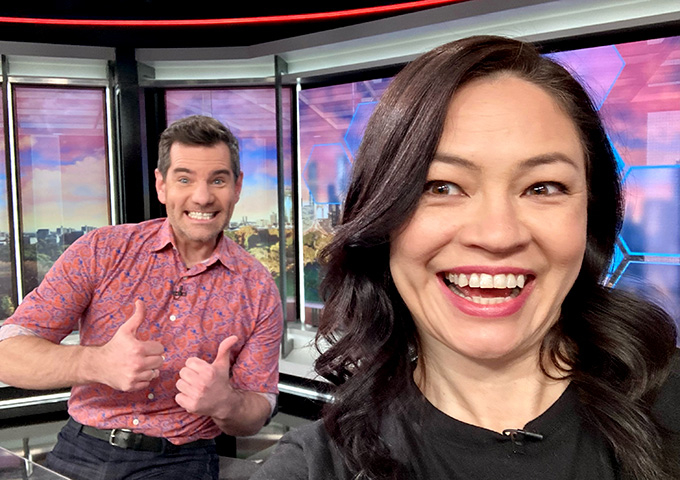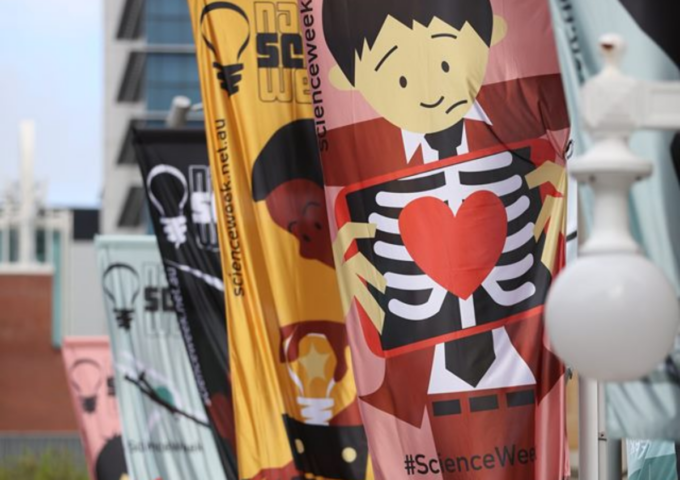- local
Stargazers of the Renaissance with Fred Watson
- - (AEST)
-
Bilarong Reserve
Wakehurst Parkway, Narrabeen NSW 2101, Australia

Join us for a captivating and comprehensive exploration of Renaissance Astronomy with renowned astronomer Fred Watson. In this enlightening talk, delve into the remarkable contributions of key figures who revolutionized our understanding of the cosmos during the Renaissance period.
Nicolaus Copernicus: The Polish astronomer who dared to challenge the long-held geocentric model of the universe. Copernicus proposed the heliocentric theory, asserting that the Earth and other planets revolve around the Sun. This radical idea laid the foundation for modern astronomy and set the stage for future discoveries.
Johannes Hevelius: Known as the "father of lunar topography," Hevelius made significant advancements in observational astronomy. His detailed maps of the Moon and his catalog of stars were unparalleled in his time.
Hans Lipperhey: The Dutch spectacle maker credited with inventing the telescope, a crucial instrument that transformed the study of the heavens. Lipperhey's invention allowed astronomers to observe celestial bodies with unprecedented clarity, leading to groundbreaking discoveries and the validation of the heliocentric model.
Fred Watson will guide you through the historical context and scientific achievements of these pioneering astronomers. Learn how their relentless pursuit of knowledge challenged conventional wisdom and laid the groundwork for the astronomical advancements that followed. From Copernicus' revolutionary heliocentric theory to Hevelius' detailed lunar observations and Lipperhey's game-changing invention, this talk will illuminate the profound impact of their work on our understanding of the universe.
Don't miss this opportunity to celebrate the brilliance and legacy of Renaissance Astronomy.
Location
Location Information
The talk will be held in the Narrabeen Scout Hall






